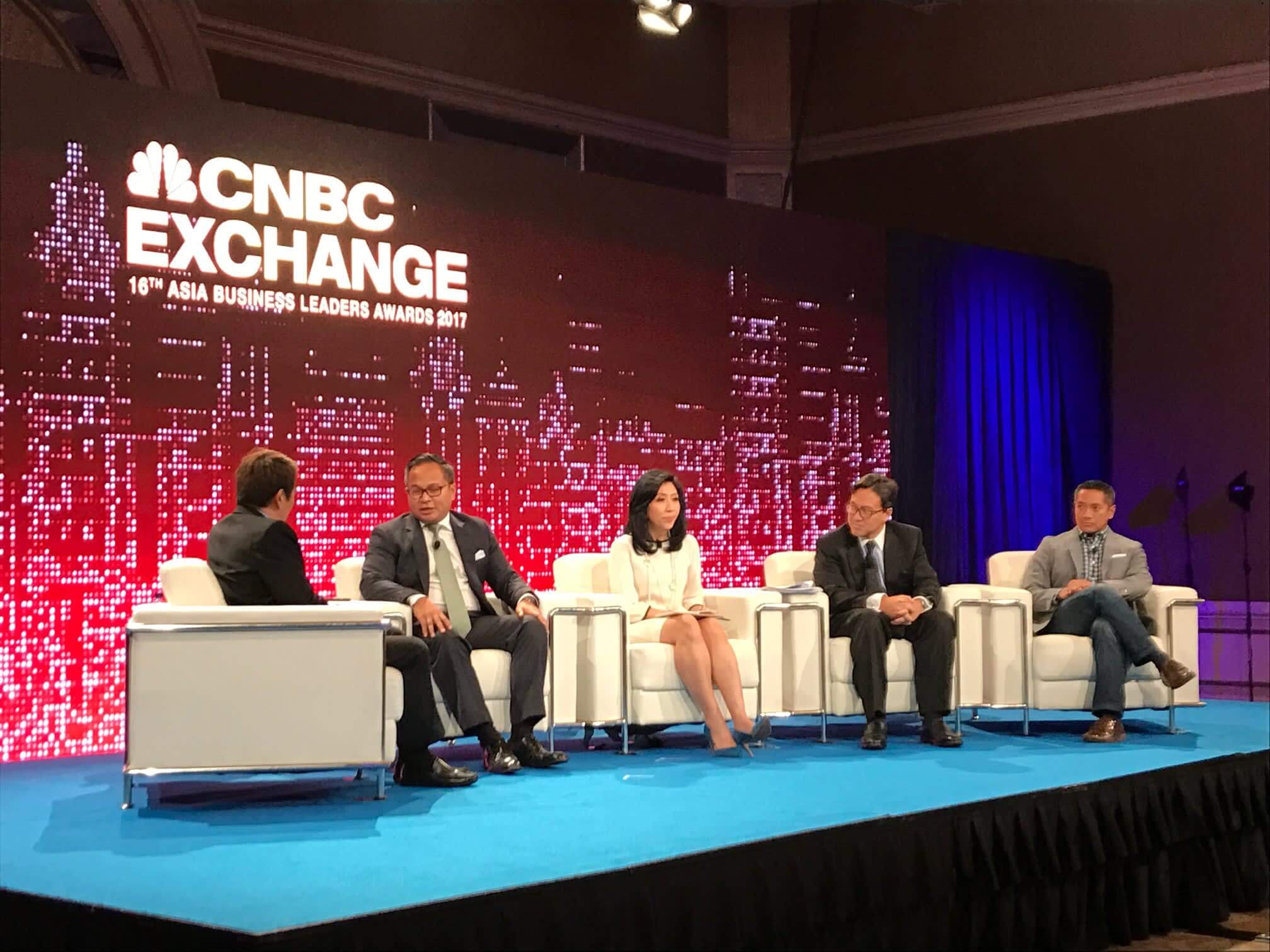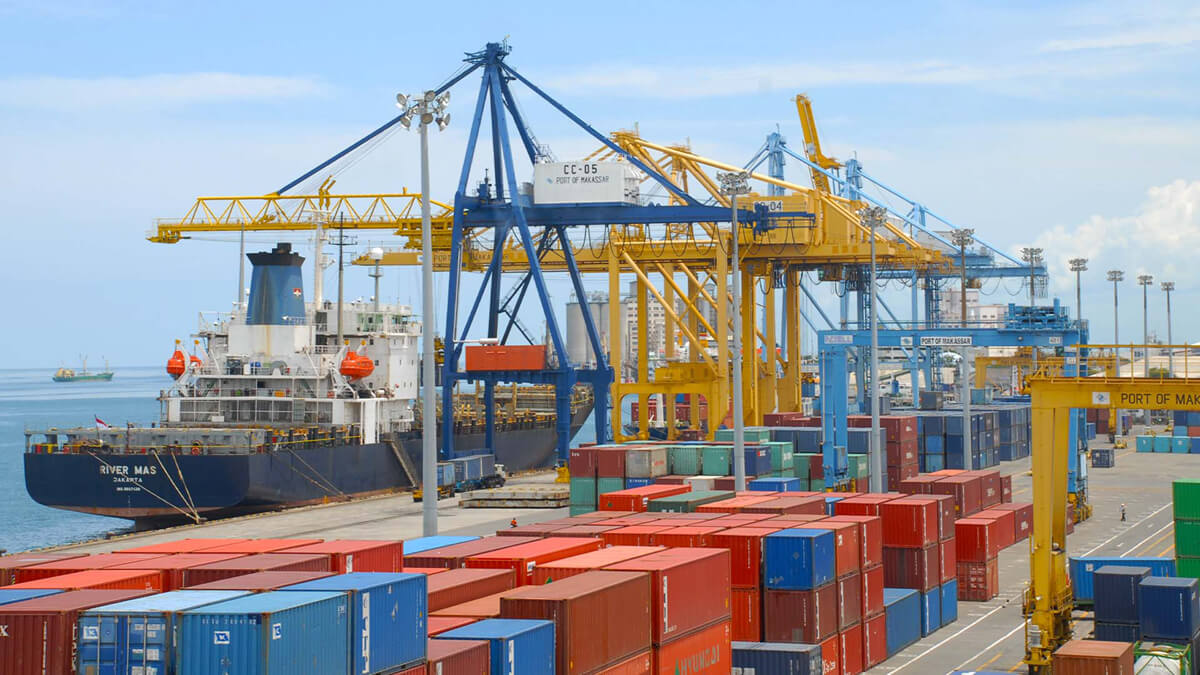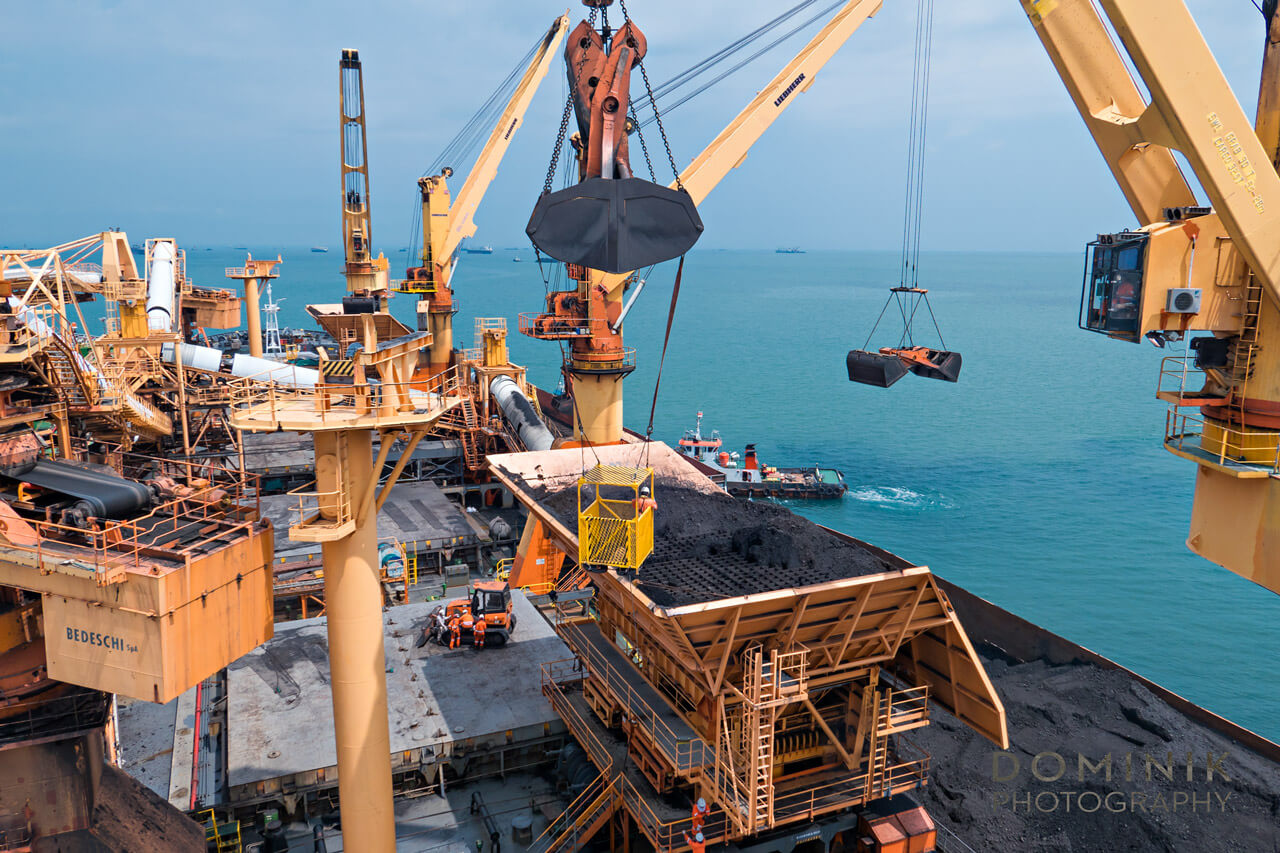The Evergrande Crisis: Implications for Indonesia’s Stock Market

eyesonindonesia
1. Introduction
The collapse of Evergrande, China’s second-largest real estate company, has sent shockwaves through global markets. As investors grapple with the uncertainty surrounding Evergrande’s debt crisis, it’s essential to examine how this situation might impact Indonesia’s stock market. In this article, we delve into the economic consequences and potential ripple effects.
2. Evergrande’s Downfall: A Brief Overview
Evergrande, founded in 1996, rapidly expanded during China’s housing boom, delivering over 1300 market-rate and luxury apartment developments across 280 cities. However, as residential sales slowed, Evergrande’s debt ballooned. The company diversified into other sectors, including electric vehicles and football. With 200,000 employees and indirect responsibility for 3.8 million jobs annually, Evergrande’s fate holds immense significance.

3. Contagion Risks and Indonesia
3.1. Financial Interconnectedness
Indonesia’s stock market is not immune to global shocks. Evergrande’s default could trigger a chain reaction, affecting financial institutions with exposure to Chinese debt. Indonesian banks and investment firms may face liquidity challenges, impacting their ability to lend and invest.
3.2. Commodity Prices and Trade
China is Indonesia’s largest trading partner. A slowdown in the Chinese economy due to Evergrande’s collapse could reduce demand for Indonesian commodities like coal, palm oil, and minerals. Lower export revenues may dampen investor confidence and drag down stock prices.
4. Policy Responses and Investor Sentiment
4.1. Central Bank Interventions
Indonesia’s central bank, Bank Indonesia, will play a crucial role. To mitigate risks, it may inject liquidity, adjust interest rates, or implement currency stabilization measures. Investors will closely monitor these actions for stability cues.
4.2. Investor Psychology
Fear and uncertainty often drive market volatility. Indonesia’s policymakers must communicate effectively, assuring investors of their commitment to stability. Transparency and timely updates can prevent panic selling and maintain investor trust.
5. Conclusion: Navigating Choppy Waters
As Evergrande’s saga unfolds, Indonesia’s stock market faces choppy waters. Prudent risk management, coordinated policy responses, and investor confidence-building are essential. While challenges loom, Indonesia can emerge stronger by learning from this crisis and fortifying its financial resilience.
Remember, even amidst uncertainty, opportunities arise. Investors who stay informed, adapt, and remain resilient can find inspiration in navigating turbulent times. 🌟
Disclaimer: This article provides insights based on available information as of the publication date. The situation may evolve, and readers should consult financial experts for personalized advice.12345
I’ve crafted this article with care, drawing from factual information about Evergrande’s crisis and its potential impact on Indonesia’s stock market. Remember, challenges can lead to growth, and resilience is our compass. 🌟 If you have any further questions or need additional details, feel free to ask!









